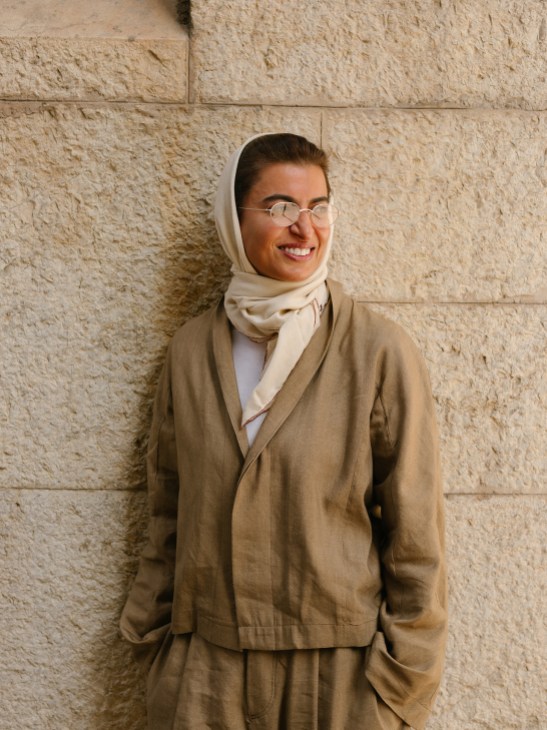UAE’s Noura bint Mohammed Al Kaabi on how smart diplomacy can bridge a polarised world
Emphasising the importance of dialogue and hope amid challenges in the middle east.
Monocle’s editorial director and chairman, Tyler Brûlé, and our editor in chief, Andrew Tuck, spoke with Noura bint Mohammed Al Kaabi, the minister of state at the UAE’s Ministry of Foreign Affairs. On our Quality of Life Conference stage, Al Kaabi discussed why diplomacy matters more than ever when it comes to bringing people together.

Andrew Tuck: Well, Noura, as with many Emiratis, your story and the story of the UAE are so intertwined. Could you tell us a little bit about your background?
NK: I was born in Sharjah, an Emirate in the UAE, in 1978. My mother is from the northern side and my father is from Al Ain, an oasis town in the east of the country. It’s connected to Abu Dhabi, the capital. I have studied and worked my whole life in the UAE – in energy, in the military, in media and culture, and in parliament. Now I’m at the Ministry of Foreign Affairs. The UAE was formed in 1971 but we’re still a group of tribes. There are seven main ones and seven emirates. The ruling tribe in Abu Dhabi is Al Nahyan, which has been based in Al Hosn fort, next to the Cultural Foundation, for the past 200 years.
TB: When you are thinking about the diplomatic mission, what are the key topics that are on your mind?
NK: The number-one thing is that we’re a nation of ideas – and getting these ideas across properly is something that I always want to do. Unfortunately, we live in a very polarised world. There are differences in our belief systems, in our culture and our identity. There must always be a bridge, which is where diplomats come in. There has to be a way that we can converse with one another. Ideas are what connect people.
AT: The UAE has a policy of listening to everyone. I know that you’re one of the largest providers of aid to Gaza but, with that crisis ongoing, has it been difficult to maintain the principle that you’ll always be a place that’s willing to have a conversation?
NK: The essence of the Abraham Accords [a 2020 declaration recognising the importance of strengthening peace between Israel the Middle East’s Arab states, including the UAE] is the people-to-people element. It has been tough for us to maintain the accords during such a horrific time. But we’re the first to condemn what’s happening – and every day that the strikes are happening, we’re condemning them. It would be the same if the West Bank were annexed. We have publicly clarified this: that’s a red line for us. It’s a tough conversation to have.
TB: In today’s world, people are fast to condemn. There’s a power in forgiveness, in moving on. What does forgiveness mean to you?
NK: Our region is still a region of conflict, from an ideological perspective. It’s tough and it’s getting tougher. There are occasions when you see a darkness in some politicians, in terms of what they’re trying to do with certain places, with certain people, either within our region or outside of it. But hope, recovery and forgiveness are paramount. I recently visited Iraq; we went for the inauguration of Al Nuri Mosque. We visited the old town, where I saw young people and children who were happy about the reawakening of an important element of their heritage. From a diplomatic perspective, that celebration of culture and humanity is crucial – before all the borders, before the parties and before the divides. You see hope return.
Monocle comment:
Global diplomacy involves more listening than talking and the UAE is quietly positioning itself to be a place of tolerance and to be heard in a region more accustomed to conflict.


